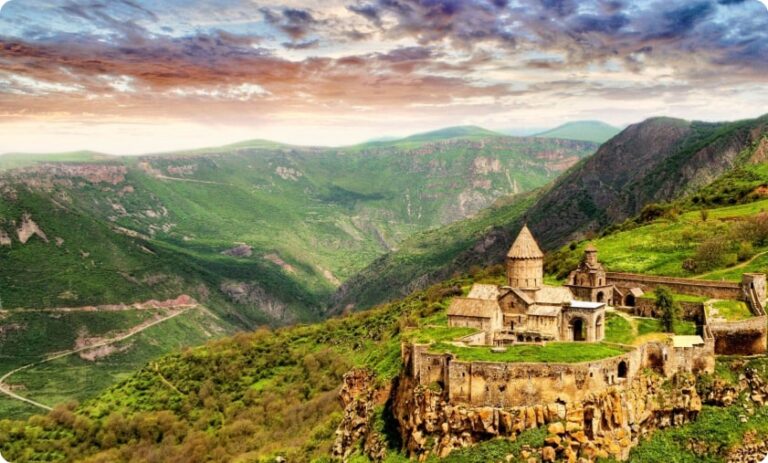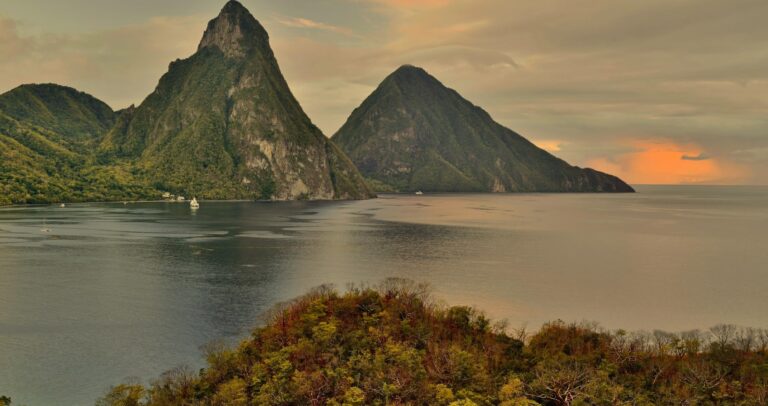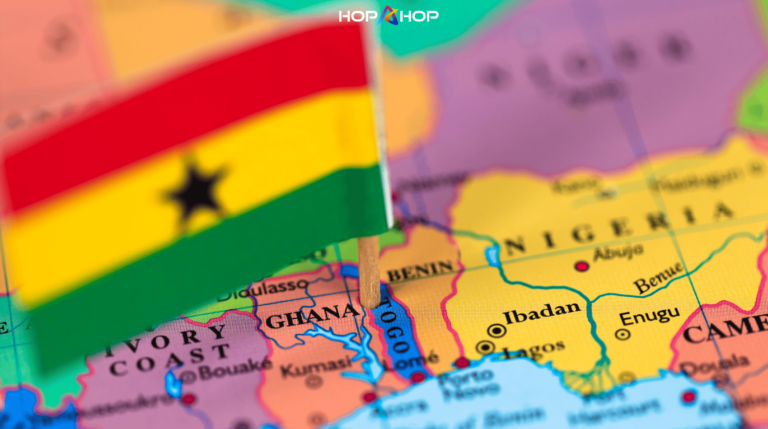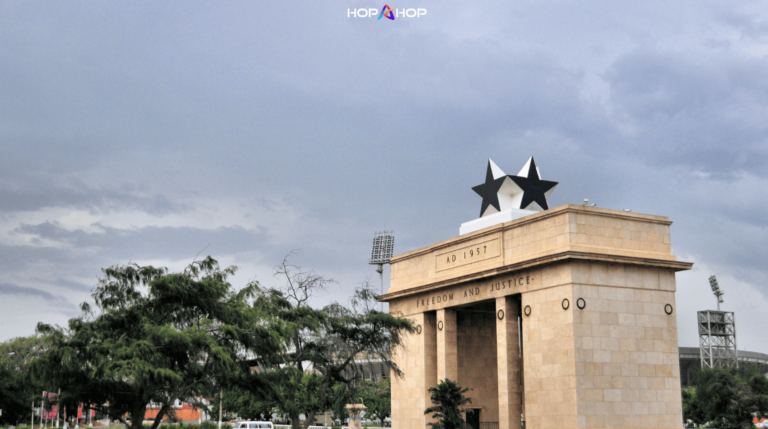Explore Best Destination
Discover our travel blog for inspiring stories, tips, and guides. From hidden gems to cultural experiences, we cover it all to fuel your wanderlust and help you plan unforgettable adventures!
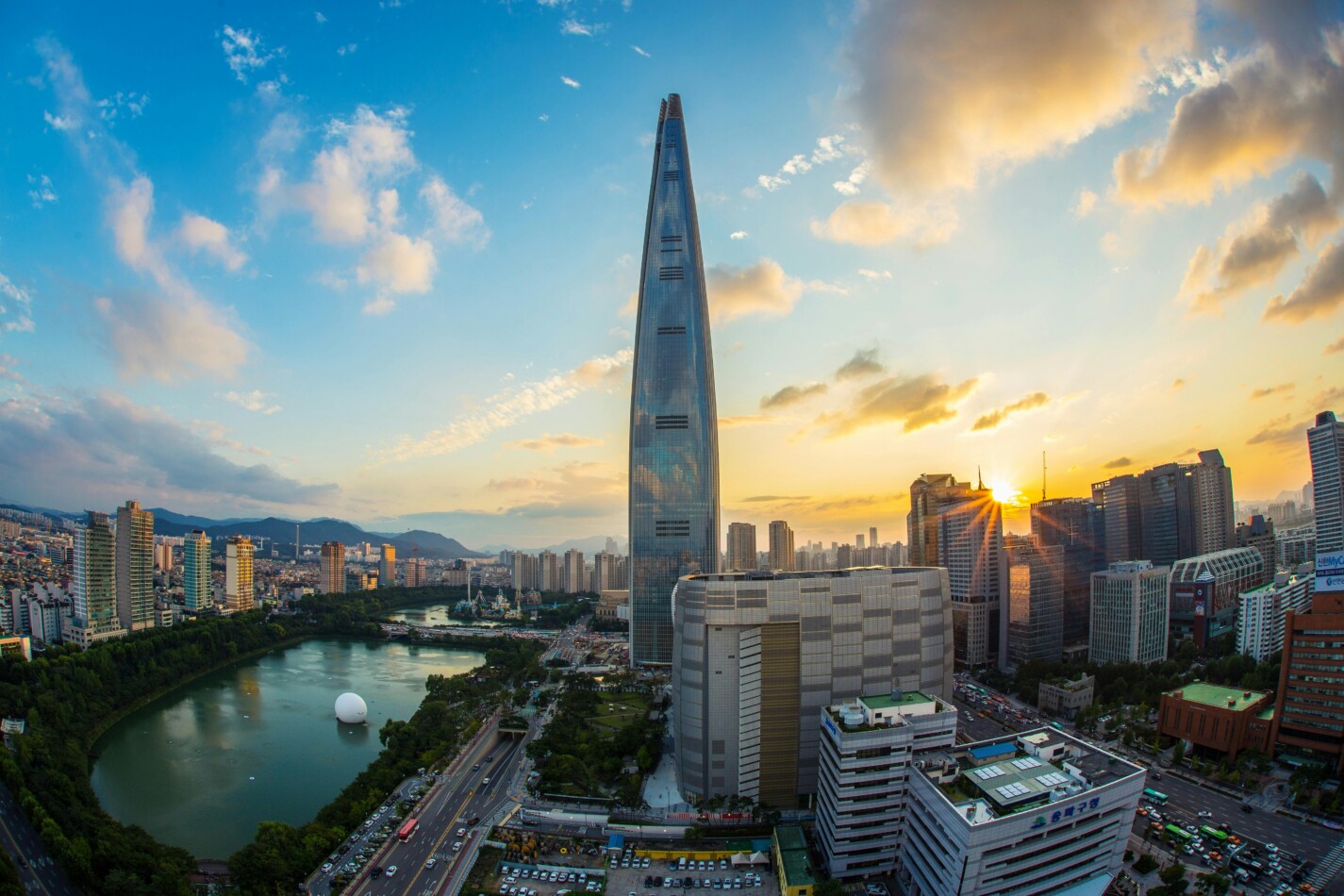
The Best Festivals in South Korea: Experience the Culture and Celebrations
The Best Festivals in South Korea: Experience the Culture and Celebrations
South Korea is a country that celebrates its rich cultural heritage through vibrant festivals throughout the year. From ancient traditions to modern-day celebrations, these festivals offer visitors a chance to experience the unique culture, history, and customs of the Korean people. Whether you’re visiting in spring for the cherry blossoms or in the fall for traditional lantern displays, there’s always something exciting to discover. Here are the best festivals in South Korea that should be on every traveler’s itinerary.
1. Seollal (Lunar New Year) – The Joy of Family and Tradition
Seollal, the Lunar New Year, is one of the most important holidays in South Korea. This festival is a time for family gatherings, honoring ancestors, and celebrating new beginnings. During Seollal, Koreans dress in traditional Hanbok attire, perform ancestral rites (Charye), and indulge in special foods like tteokguk (rice cake soup). The holiday also features traditional games like Yutnori (a board game) and folk performances.
Key highlights:
- Family traditions and ancestral rites
- Wearing Hanbok (traditional clothing)
- Tasting traditional dishes like tteokguk
- Playing traditional games
2. Cherry Blossom Festival – A Spectacle of Nature
The Cherry Blossom Festival, held in April, is one of the most visually stunning events in South Korea. Cities across the country, especially Seoul and Jinhae, are adorned with thousands of blooming cherry trees. The sight of these delicate pink flowers creates a breathtaking scene, attracting visitors and locals alike. Visitors can enjoy picnics under the cherry blossoms, take part in cultural activities, and enjoy live performances.
Top locations:
- Jinhae Cherry Blossom Festival
- Seoul’s Yeouido Park
- Gyeongju’s Cherry Blossom Festival
- Jeju Island’s cherry blossom viewing
3. Boryeong Mud Festival – Fun and Messy Adventure
The Boryeong Mud Festival, held in July, is one of South Korea’s most unique and fun festivals. Held in the city of Boryeong, this event celebrates the therapeutic properties of mud from the region’s mud flats. Visitors can enjoy mud wrestling, mud slides, and even mud-based beauty treatments. The festival also features live music, parades, and fireworks, making it a fun-filled and exhilarating experience for all ages.
Key activities:
- Mud wrestling and mud slides
- Beauty and wellness mud treatments
- Parades and live music performances
- Nighttime fireworks display
4. Gwangju Kimchi Festival – A Celebration of Korean Cuisine
South Korea’s love for kimchi, the fermented vegetable dish, is celebrated in the Gwangju Kimchi Festival, which typically takes place in October. This festival is a great opportunity to learn about Korea’s national dish, try different variations of kimchi, and even make your own kimchi with expert guidance. In addition to food, the festival features performances, cooking competitions, and cultural exhibitions, all focused on Korean culinary traditions.
Festival highlights:
- Kimchi making and tasting experiences
- Korean culinary performances and cooking classes
- Traditional Korean food stalls
- Cultural exhibits showcasing kimchi history
5. Lantern Festival (Cheongmyo) – Light Up the Night
The Lantern Festival, also known as Cheongmyo, is celebrated during Buddha’s Birthday, typically in May. This festival is one of South Korea’s most enchanting events. Streets are illuminated by colorful lanterns, and temples hold lantern parades and ceremonies. Visitors can join in by purchasing their own lanterns, participate in a peaceful lantern procession, and enjoy Buddhist chanting and traditional performances.
Top attractions:
- Lantern parades and temple ceremonies
- Buddhist chants and cultural performances
- Making your own lantern
- Enjoying the serene ambiance of lantern-lit streets
6. Andong Mask Dance Festival – A Cultural Experience of Masks and Dance
Held in Andong every October, the Andong Mask Dance Festival celebrates Korea’s traditional mask dances. The festival is a lively and colorful event that showcases the cultural significance of masks in Korean folk performances. Visitors can watch traditional mask dance dramas, participate in mask-making workshops, and enjoy local food and arts and crafts.
Festival highlights:
- Mask dance performances
- Traditional Korean folk music
- Mask-making workshops
- Local cultural exhibits
7. Chuseok (Korean Harvest Festival) – Giving Thanks and Paying Respects
Chuseok, often referred to as Korea’s version of Thanksgiving, is a time for Koreans to gather with family, enjoy food, and pay respects to ancestors. It’s celebrated in the fall, with families visiting the graves of their ancestors to honor them with offerings. People also prepare and enjoy delicious dishes like songpyeon (rice cakes) and other seasonal foods. Traditional games like Ssireum (Korean wrestling) are also enjoyed during this time.
Key activities:
- Paying respects to ancestors (Charye)
- Enjoying traditional foods like songpyeon
- Participating in Ssireum wrestling
- Family gatherings and celebrations
8. Jeju Fire Festival – A Fiery Tradition
The Jeju Fire Festival, held in March, marks the beginning of spring on Jeju Island. The festival is deeply rooted in the island’s agricultural traditions and is a celebration of good harvests and health. The event is highlighted by a dramatic torch-lit procession, traditional fire dances, and a bonfire ceremony. Visitors can join in the festivities and enjoy the spectacular fire displays against the backdrop of Jeju’s scenic landscapes.
Festival highlights:
- Torch-lit procession and fire dances
- Bonfire ceremonies for good health and harvests
- Traditional Korean folk performances
- Scenic Jeju Island setting
9. Daegu Yangnyeongsi Herb Medicine Festival – Healing Through Herbs
Daegu’s Yangnyeongsi Herb Medicine Festival is a celebration of traditional Korean medicine, held every October. This unique festival invites visitors to experience the healing properties of herbs and traditional remedies. The festival features herbal markets, workshops on herbal medicine, and opportunities to try various herbal teas and foods.
Key highlights:
- Traditional Korean medicine exhibits
- Herbal tea tastings and remedies
- Workshops on herbal health
- Cultural performances related to healing traditions
10. Jinju Lantern Festival – A Tribute to History and Art
The Jinju Lantern Festival is a spectacular event held every October in the city of Jinju. It commemorates the victory of the Korean forces over Japanese invaders during the Imjin War (1592-1598). Thousands of beautifully crafted lanterns light up the city, depicting historical events, mythical creatures, and famous figures. The festival culminates in a dramatic fireworks display over the Nam River.
Festival highlights:
- Lantern displays depicting historical scenes
- Fireworks over the Nam River
- Traditional Korean performances and food stalls
- Cultural exhibits on the Imjin War
Conclusion:
South Korea’s festivals are a vibrant celebration of its history, culture, and traditions. From the serene beauty of lantern festivals to the lively energy of the Boryeong Mud Festival, each event offers a unique way to experience the country’s diverse heritage. Whether you’re a foodie, history lover, or nature enthusiast, South Korea’s festivals will leave you with unforgettable memories.

Related Posts
Tag List
Adventure / Climbing / Hiking / Photography / Adventure / Tracking / Travel
Follow Us
- linked In
- google+
- YouTube


